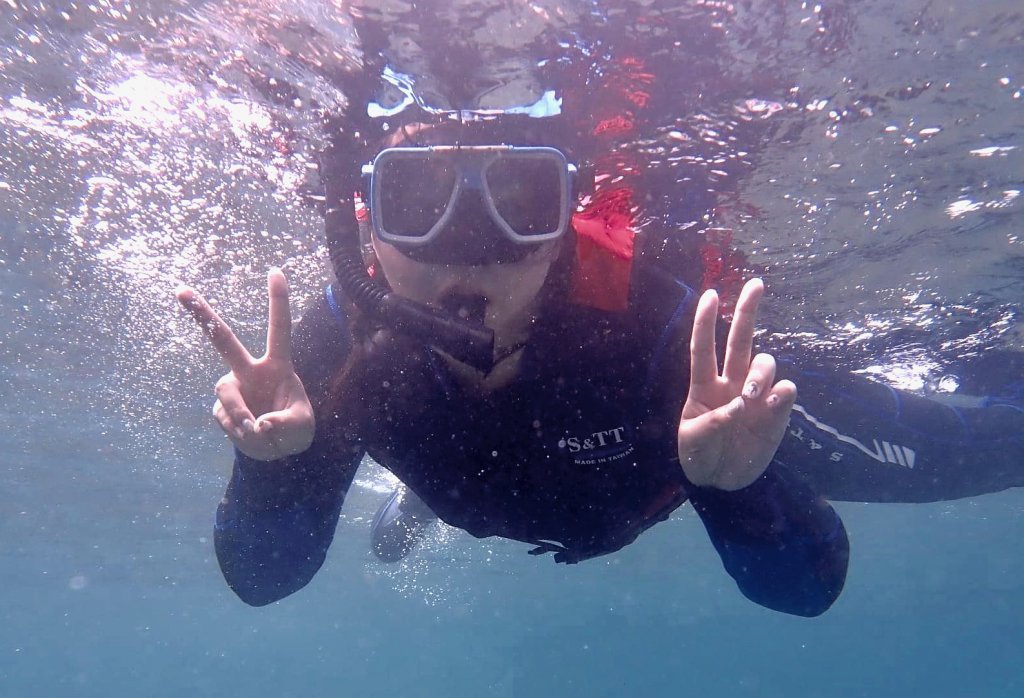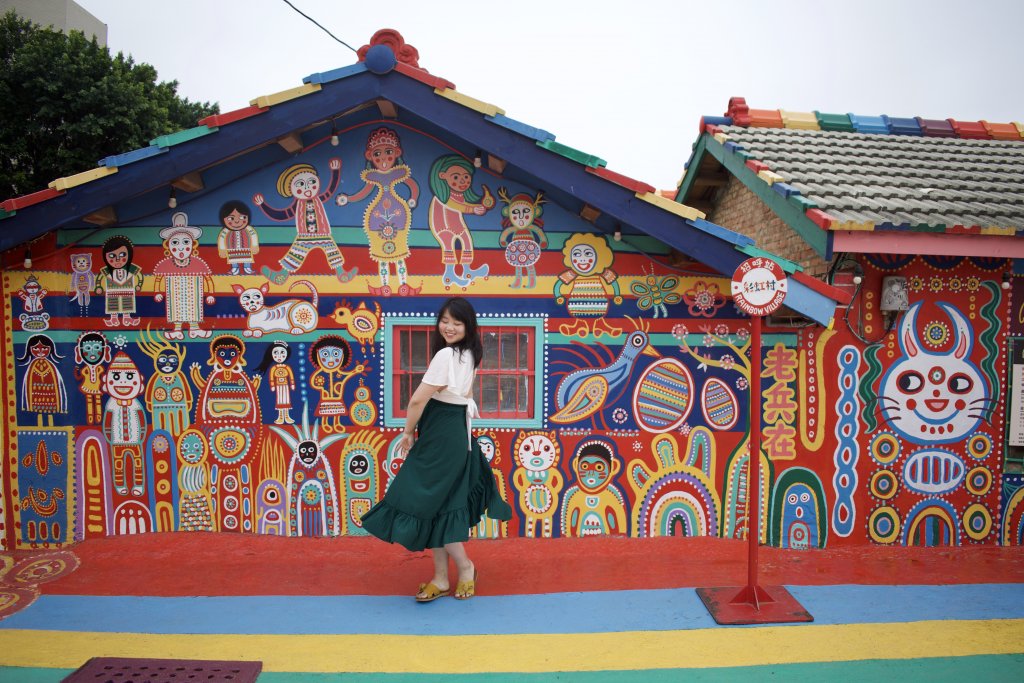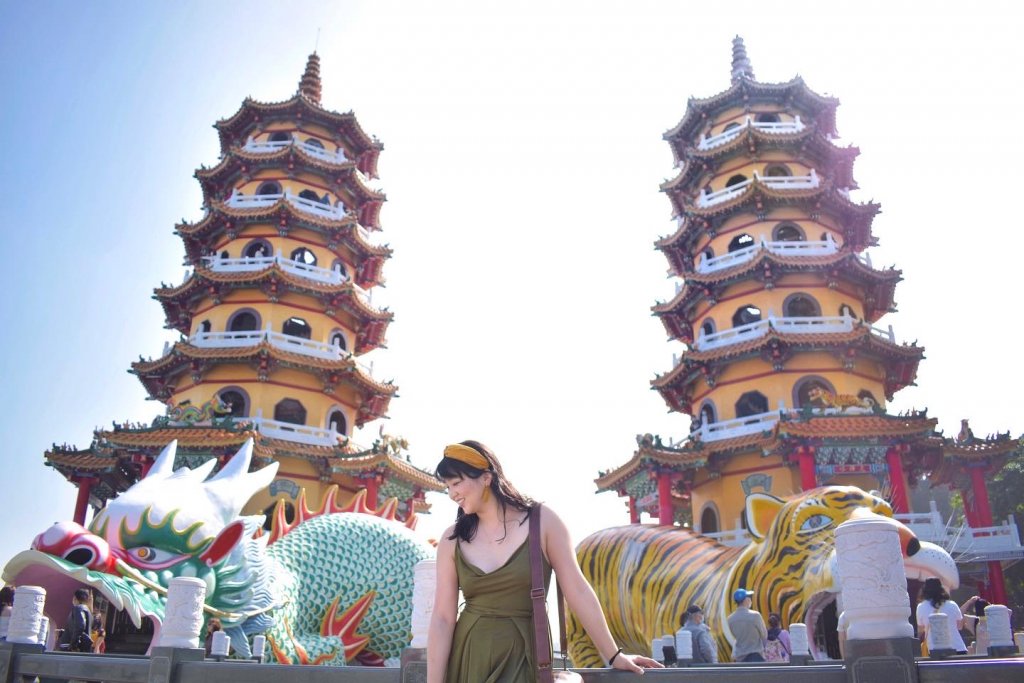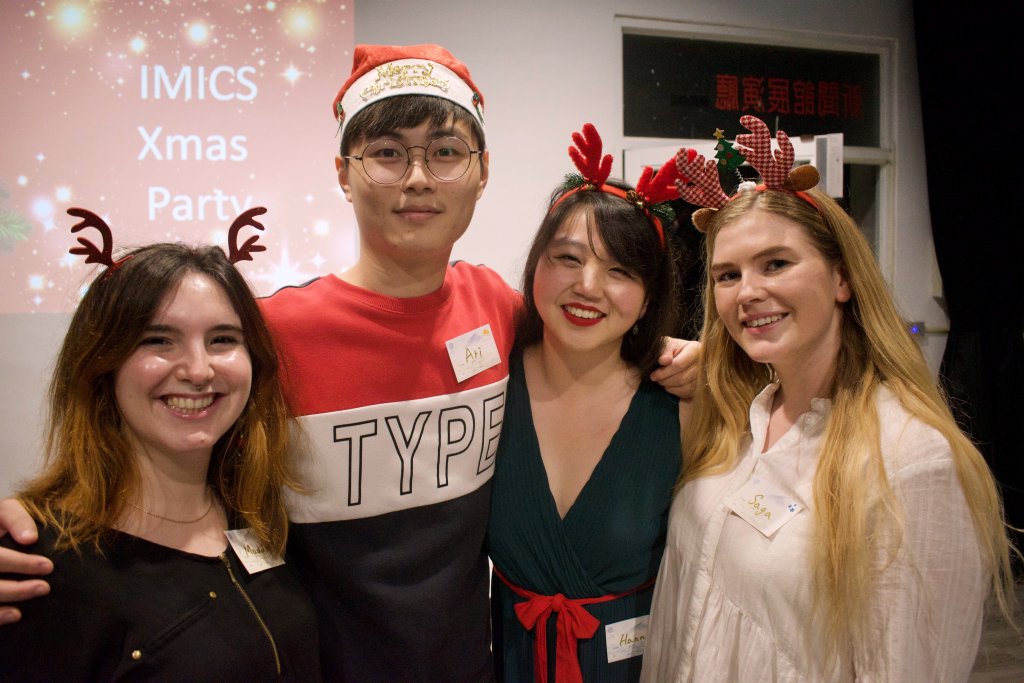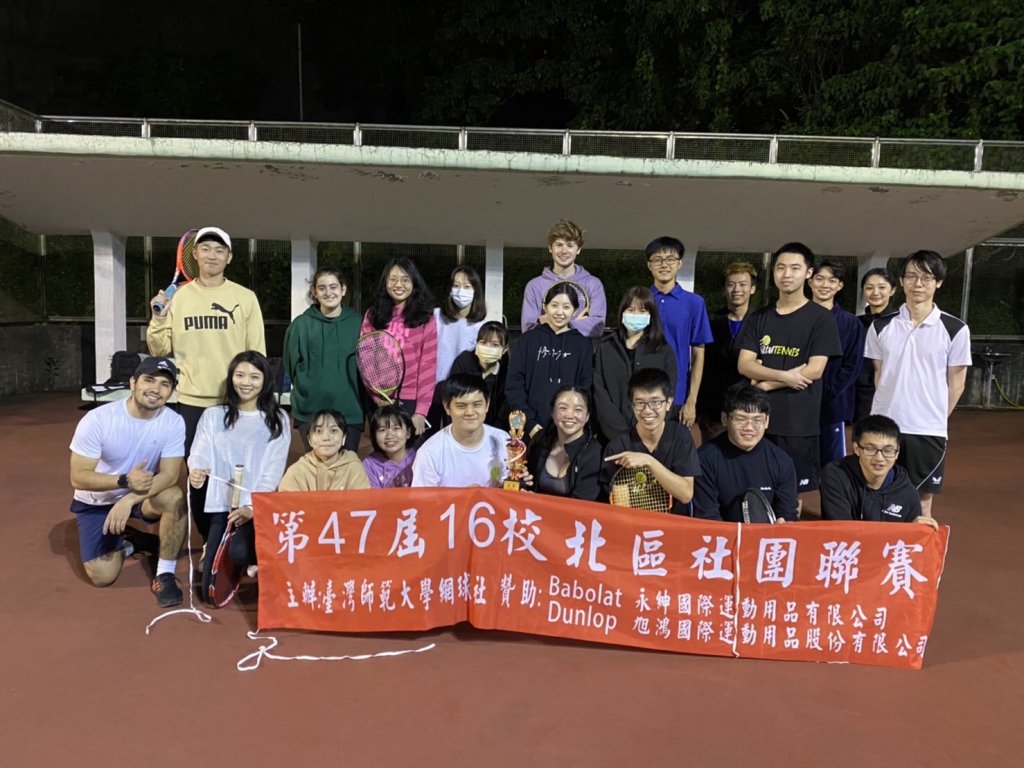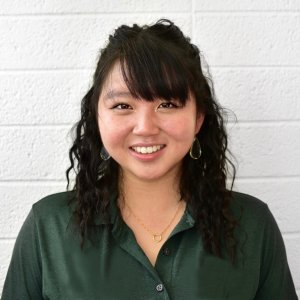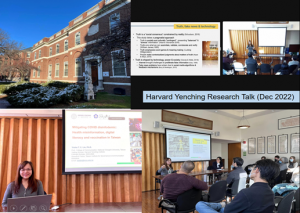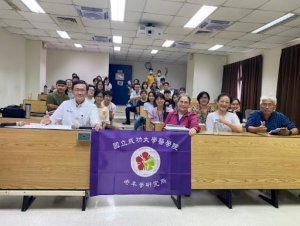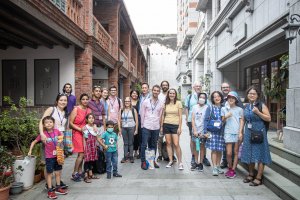I distinctly remember my first reaction to the notification that I had received the Fulbright Scholarship: I screamed, I called my loved ones, and then I worried if I had earned the right to be here. I think any student applying for nationally competitive scholarships must undergo the process of self-doubt, imposter syndrome, fear of failure, and what can feel like the endless chase for success even after reaching another milestone. While enjoying the first accomplishment temporarily, a constant fear exists in the back of the mind of whether the achievements made are a product of luck, skill, or a mix of both, and whether they can be replicated or ever topped in the future. However, in Taiwan and the people I have met here, I have found self-confidence in myself and an appreciation for ambiguity that I would have never thought myself capable of before.
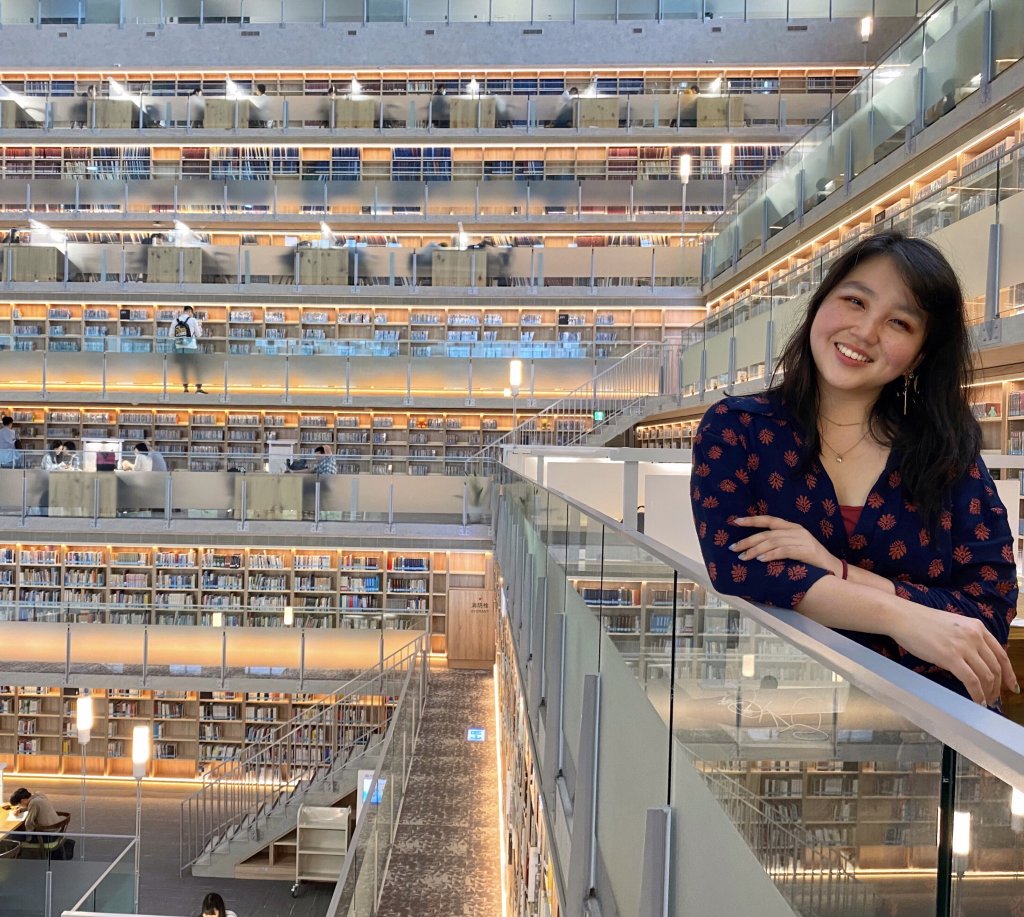
I cannot put into words the fullness of experiences and memories I have made in Taiwan so far. Of course, I could mention the easy and fun topics everyone enjoys: the bustling night markets of delicious food, the continuous search for the best boba shop, and the adventure of scuba diving or snorkeling with sea turtles. But at times these cover up the real challenges of living abroad for one or two years: the bouts of loneliness and homesickness, the struggle to communicate in a language not your own, and the isolation and difference ever present as a foreigner. I had never lived outside my home country for more than a few months before arriving here, and I do not think one can ever be wholly prepared for the reality of the necessary daily check-ins on mental health and identity, especially as an Asian American adoptee from China.
I think that living in any country will pose unique challenges for those that do not fit the stereotype of “American” in people’s minds, but for Asian Americans in Asia there are almost daily occurrences of rejection and belonging. For example, in some ways the lack of attention compared to my more “foreign-looking friends” can be comforting by blending in to go about my day, but other times frustrating in the expectations that come along with this. I wish I could say that the times waiters expect me to translate for my more “American looking” friends, workers give me strange looks when I do not understand how to do something a native Taiwanese person would know, or any of the other smaller microaggressions I experience daily get better, but in truth I think my reactions and ability to handle the automatic questions of “where are you from” simply evolve and become rote memory. Yet I also think about these mixed feelings with an understanding shared among many Taiwanese people today.
Perhaps the most important lesson I have learned in Taiwan so far is that it is a place of change, where the people are seeking to distinguish and identify themselves in the scope of the local and international embodied in the impossible question, “what does it mean to be Taiwanese today?” With a history of occupation by Japan, a complicated current political relationship with mainland China, and an ongoing struggle for compromise with aboriginal and ethnic minorities, Taiwan appears to be in the same conflict of identity so close to my own heart. I wish I had a clear-cut answer for the both of us on what it means to dwell in the grey, unclear realm of being and not, but I have developed empathy, understanding, and even friendship with the people around me that face this difficult question.
Undoubtedly the best part of my experience in Taiwan has been meeting the people I now consider my colleagues, my friends, and my family. My program has welcomed me with open arms, and I am able to apply what I learn in my classes as the Social Media Manager for my program’s Instagram account (@nccuimics). I have a wonderful fellow international classmate as my roommate, and the conversations we share about the US, Vietnam, and Taiwan are the essence of true intercultural exchange. My fellow Fulbrighters both bring me companionship and joy, while also pushing and inspiring me to make full use of the opportunities offered through this program. As the pandemic continues to change the world and leave many questioning ambiguities or fearing the unknown, I can confidently say that after my time in Taiwan I believe I have the resilience and openness to now accept whichever path awaits me and embrace whoever I become, whatever that looks like now or in the future.
Managing Editor: 甯俐馨 Li-Hsin Ning

